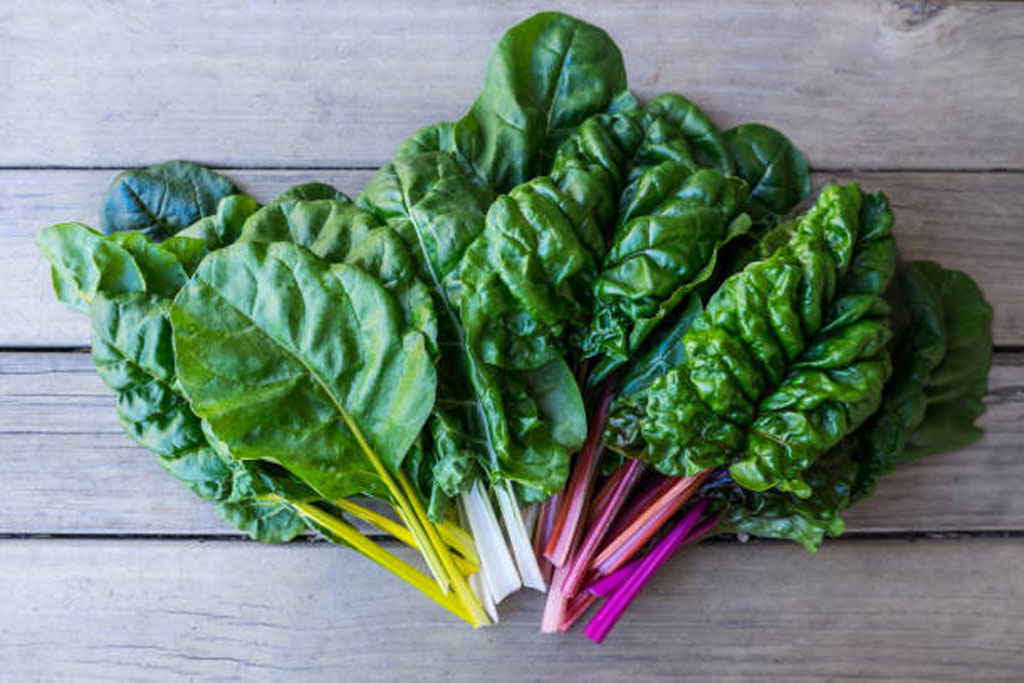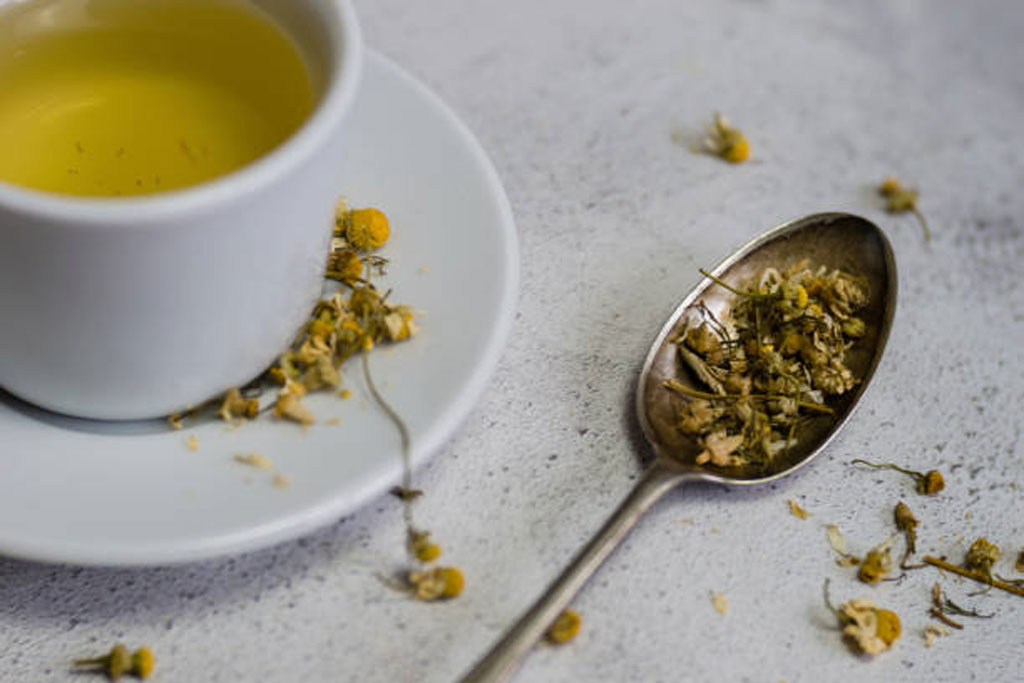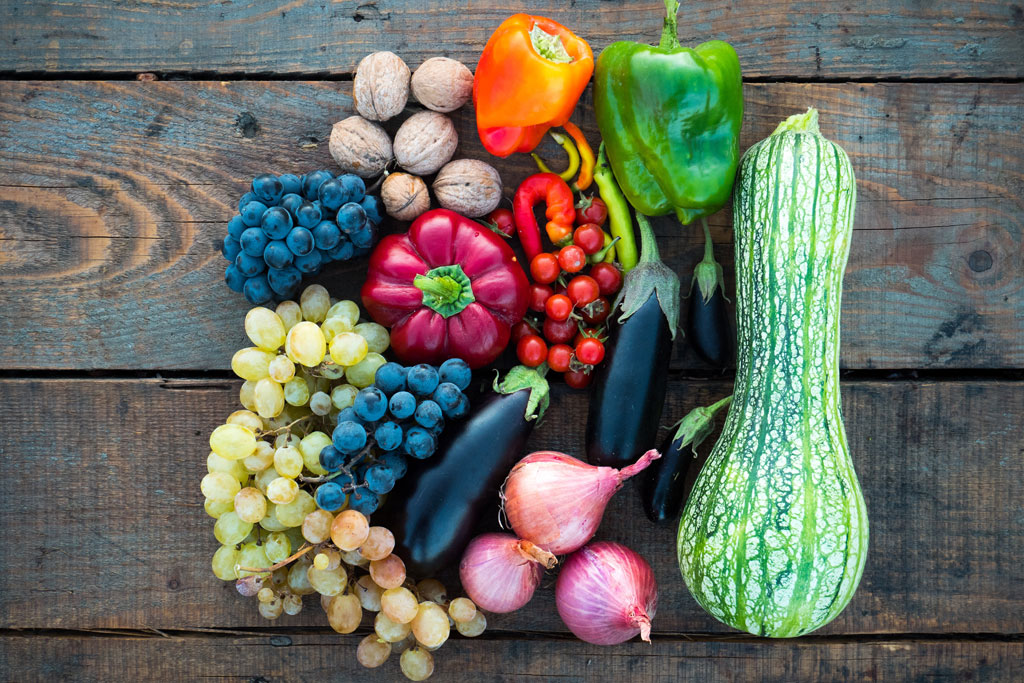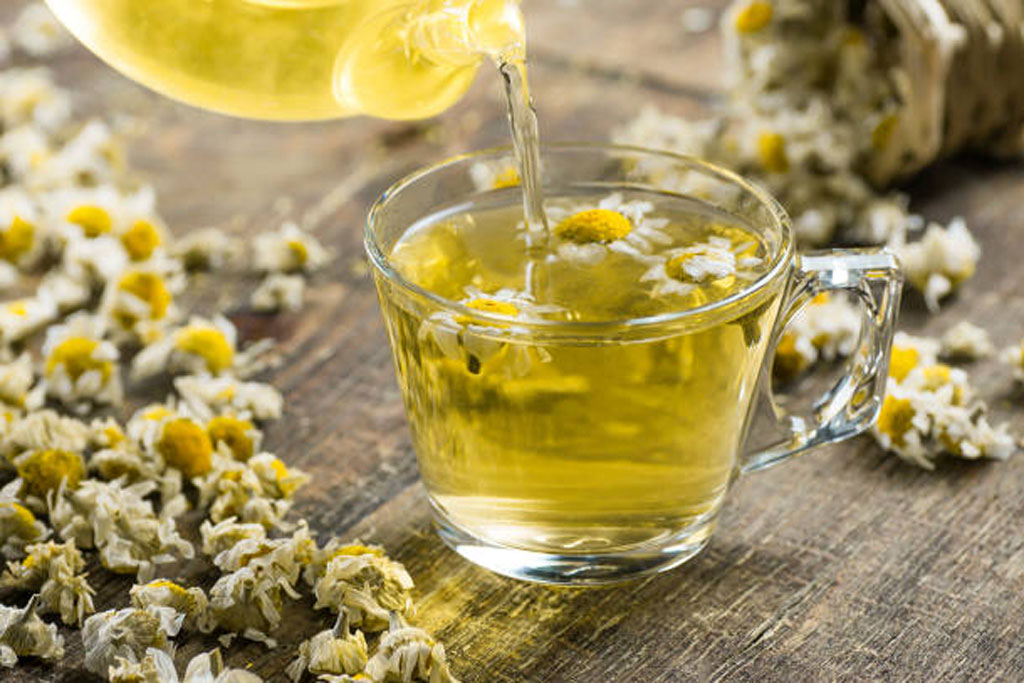World Sleep Day: How To Eat For Better Sleep
By
4 years ago
Eat your way to a better sleep

Plagued by lack of sleep? Us too, but what you eat can help. We asked nutritional therapist Lara Isaac for some top tips on how we can eat our way to a more restorative night’s kip.
1. Up your magnesium

Known as nature’s tranquiliser, magnesium calms the nervous system and regulates our stress response. Try increasing your intake of leafy green vegetables, legumes/pulses (chickpeas, lentils, beans), nuts and wholegrains to promote relaxation. A ‘food first’ approach is always preferable but if you’re particularly stressed you might find you also need to take 300mg of magnesium in the evening.
2. Balance your blood sugar levels
If you drift off to sleep easily but wake a few hours later, you may be experiencing low blood sugar. Consuming sugary foods or refined carbohydrates before bed raises your blood sugar levels; this prompts the release of insulin (the hormone that removes sugar from the blood) and the resultant drop in blood glucose has a stimulatory effect – causing you to either wake up or suffer from restless sleep. To prevent these disruptive dips, try to consume protein with every meal, make sure you’re eating complex, rather than simple, carbohydrates (brown rice, seeded brown bread and whole-wheat pasta) and minimise your sugar intake, particularly towards the end of the day.
3. Say no to a night cap

It might feel like a relaxant but alcohol disturbs your sleep cycle. If you do drink in the evening, try to limit your intake and replace your alcoholic drink with a cup of herbal tea once you’ve finished eating.
4. Cut down on coffee
Our genes determine how quickly we metabolise coffee (which explains why some people can happily drink double espressos before bed while others become jittery after a cup of black tea). As a general rule, it’s a good idea to avoid caffeine from 2pm to allow the stimulant to leave your system before you wind down.
5. Go with your gut

Increase probiotic-rich foods (live yoghurt, sauerkraut, kefir and miso), include a variety of fruits/vegetables/beans/legumes and cut back on processed foods. Nourishing your friendly gut bacteria will ensure sufficient secretion of the neurotransmitter serotonin – which we need to make melatonin (our main sleep hormone).
6. Time it wisely
Aim to finish your evening meal around two to three hours before going to sleep. This gives your digestive system a chance to begin processing your food before you hit the hay, preventing uncomfortable bloating or reflux.
7. Try tryptophan
If you need a snack before bed, choose foods rich in tryptophan, the amino acid needed to make sleep-inducing serotonin and melatonin. Natural yoghurt with pumpkin seeds or oatcakes with almond butter are good choices.
8. Say yes to a cuppa

Chamomile is known for its sedative effects, possibly due to the antioxidant ‘apigenin’ it contains which can decrease anxiety and induce sleepiness. Other soothing herbs include lavender and oatflower. Try Pukka’s ‘Night Time’ tea to help you unwind.
Lara is currently holding her nutrition consultations online. For more information about how you might benefit from personalised nutrition and lifestyle advice, head to lagombylara.com
Featured Image: Damir Spanic on Unsplash
DISCOVER MORE:
Are You Suffering from CoronaSomnia? / 10 Steps To A Blissful Bedtime






